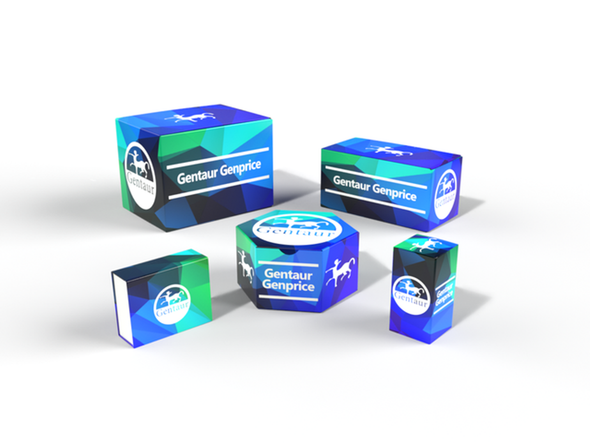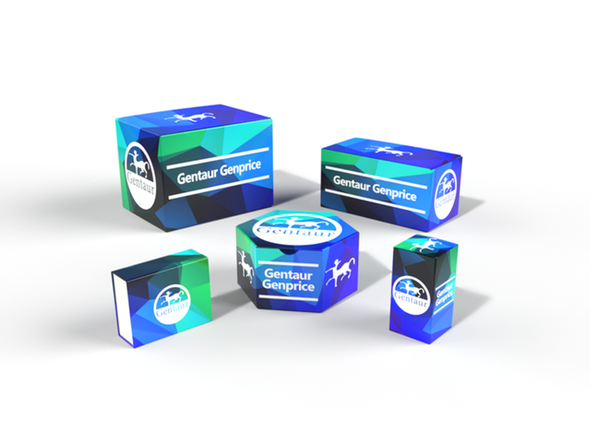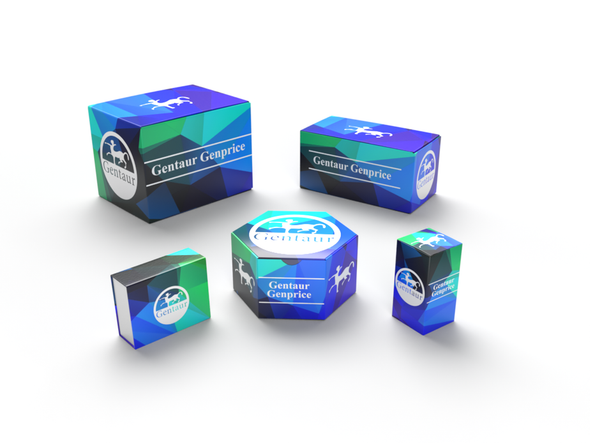710
Anti- PIM2 Antibody | FNab06456
- SKU:
- 710-FNab06456-GEN
- Availability:
- In Stock - Delivery within a week
Description
Anti- PIM2 Antibody | FNab06456 | Gentaur UK, US & Europe Distribution
Form: liquid
Purification: Immunogen affinity purified
Purity: ≥95% as determined by SDS-PAGE
Host: Rabbit
Clonality: polyclonal
Clone ID: N/A
Isotype: IgG
Storage: PBS with 0.02% sodium azide and 50% glycerol pH 7.3, -20℃ for 12 months (Avoid repeated freeze / thaw cycles.)
Background: Proto-oncogene with serine/threonine kinase activity involved in cell survival and cell proliferation. Exerts its oncogenic activity through: the regulation of MYC transcriptional activity, the regulation of cell cycle progression, the regulation of cap-dependent protein translation and through survival signaling by phosphorylation of a pro-apoptotic protein, BAD. Phosphorylation of MYC leads to an increase of MYC protein stability and thereby an increase transcriptional activity. The stabilization of MYC exerted by PIM2 might explain partly the strong synergism between these 2 oncogenes in tumorigenesis. Regulates cap-dependent protein translation in a mammalian target of rapamycin complex 1 (mTORC1) -independent manner and in parallel to the PI3K-Akt pathway. Mediates survival signaling through phosphorylation of BAD, which induces release of the anti-apoptotic protein Bcl-X (L) /BCL2L1. Promotes cell survival in response to a variety of proliferative signals via positive regulation of the I-kappa-B kinase/NF-kappa-B cascade; this process requires phosphorylation of MAP3K8/COT. Promotes growth factor-independent proliferation by phosphorylation of cell cycle factors such as CDKN1A and CDKN1B. Involved in the positive regulation of chondrocyte survival and autophagy in the epiphyseal growth plate.
Immunogen: pim-2 oncogene
synonyms: N/A
Molecular weight (observed) : N/A
Reactivity Species: Human
Tested Application: ELISA
Recomended Dillution : IP: 1:200-1:2000
Research Area: Signal Transduction, cancer, stem cells






